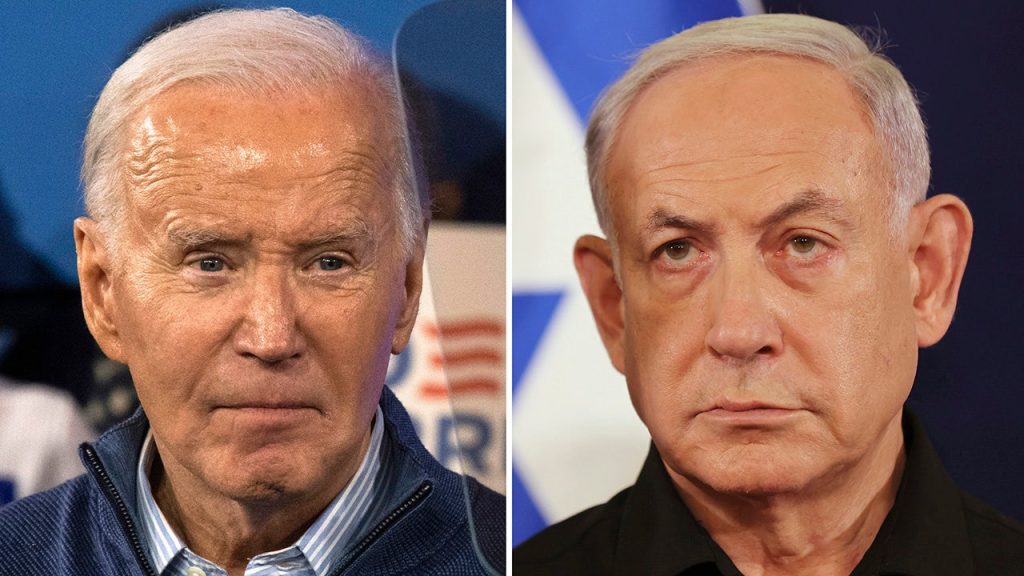The Biden administration is considering imposing sanctions on an Israel Defense Forces (IDF) battalion for alleged human rights violations in the West Bank. The sanctions against the battalion “Netzah Yehuda” would involve cutting off training and assistance from the U.S. military. This would be the first time the U.S. has placed sanctions on a military unit operated by Israel, as it is prohibited under the Leahy Law from providing aid to countries involved in human rights violations based on credible information. The move comes amidst tensions between Israel and the U.S., with the U.S. imposing sanctions on individuals and entities linked to settler violence in addition to urging Israel to restrain from attacking Iran.
U.S. Secretary of State Antony Blinken has indicated that sanctions could be announced soon following investigations into human rights violations by Israeli units. The U.S. has already imposed sanctions on an ally of Israel’s national security minister and two entities linked to settler violence, with more individuals targeted. The increased sanctions reflect growing frustration with Israeli Prime Minister Benjamin Netanyahu’s policies, particularly regarding Jewish settlements and annexation of the West Bank. Right-wing members of Netanyahu’s coalition, who support these policies, have criticized the Biden administration for its actions against Israeli settlers.
Among the individuals sanctioned by the U.S. is Ben-Zion Gopstein, the leader of the right-wing group Lehava, which opposes Jewish assimilation with non-Jews. The group has been involved in acts of violence against Palestinians in sensitive areas, prompting the imposition of sanctions. The State Department has warned that additional measures will be taken if Israel does not act to prevent extremist attacks in the West Bank. The European Union has also agreed to impose sanctions against Lehava and other groups connected to violence and extremism.
In addition to targeting Israel, the U.S. has announced sanctions on Iran following an attack on Israel by Iranian regime forces. The move comes as Republicans criticize the Biden administration for not taking a tough stance on Iran, especially after a waiver issued in November 2023 released $10 billion in funds to Iran. White House National Security Advisor Jake Sullivan emphasized that the U.S. will continue to pressure Iran, with over 600 individuals and entities already sanctioned for various offenses, including support for terrorist groups. The actions aim to contain and degrade Iran’s military capacity and confront its problematic behaviors, with support from allies and partners around the world.
The ongoing tensions between Israel, the U.S., and Iran are indicative of the complex geopolitical landscape in the Middle East. The Biden administration’s efforts to address human rights violations by Israeli forces, as well as the imposition of sanctions on individuals and entities involved in violence, reflect a commitment to upholding international norms and fostering stability in the region. The pressure on Iran, through sanctions and other means, underscores the determination to confront destabilizing actions and hold the Iranian government accountable. The situation remains fluid, with diplomatic efforts and strategic considerations shaping the responses of key stakeholders in the region.












